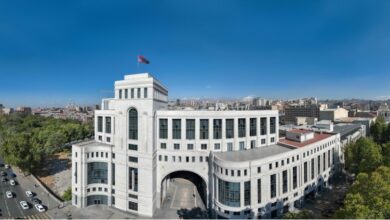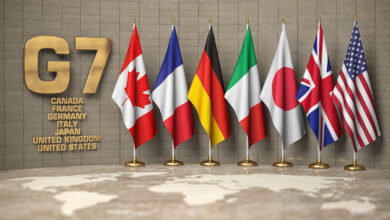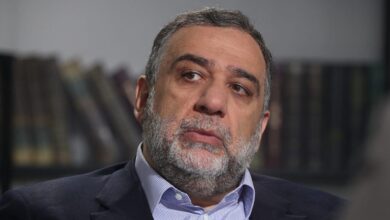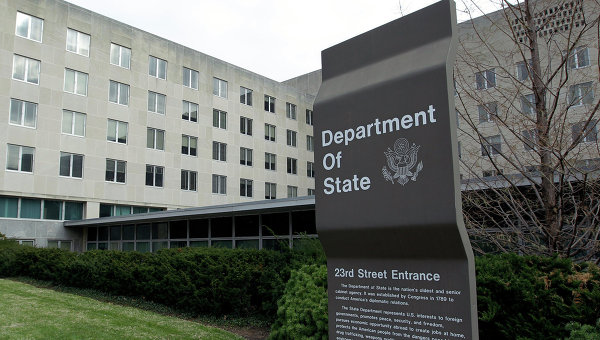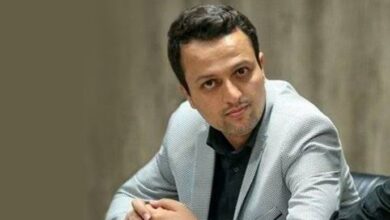The meeting between Prime Minister Nikol Pashinyan and French President Emmanuel Macron took place at the Élysée Palace. After the welcoming ceremony, before starting the meeting, the leaders of the two countries made statements for media representatives.
In his speech, the French President particularly said,
“Ladies and gentlemen, I am very happy to receive today the Prime Minister of the Republic of Armenia, Mr. Nikol Pashinyan.
In recent days, we have talked many times on the phone, because Armenia is again suffering from the armed clashes of September 13 and 14, and the situation is really critical.
Large-scale military operations took place on the border of Armenia and Azerbaijan, causing many casualties. The territory of Armenia was targeted, civil infrastructures were destroyed. In the face of this unacceptable situation, France has assumed its commitments.
France, holding the presidency of the UN Security Council, convened a meeting of the Security Council, where the situation was discussed twice, on September 14 and 15. The Council members demanded a speedy cessation of hostilities and respect for the ceasefire. Taking into account that there are occupied positions, France demanded that the Azerbaijani forces return to their initial positions. I told President Aliyev on September 14 that the fact that the border is not demarcated cannot justify any advance into the territory of the other country.
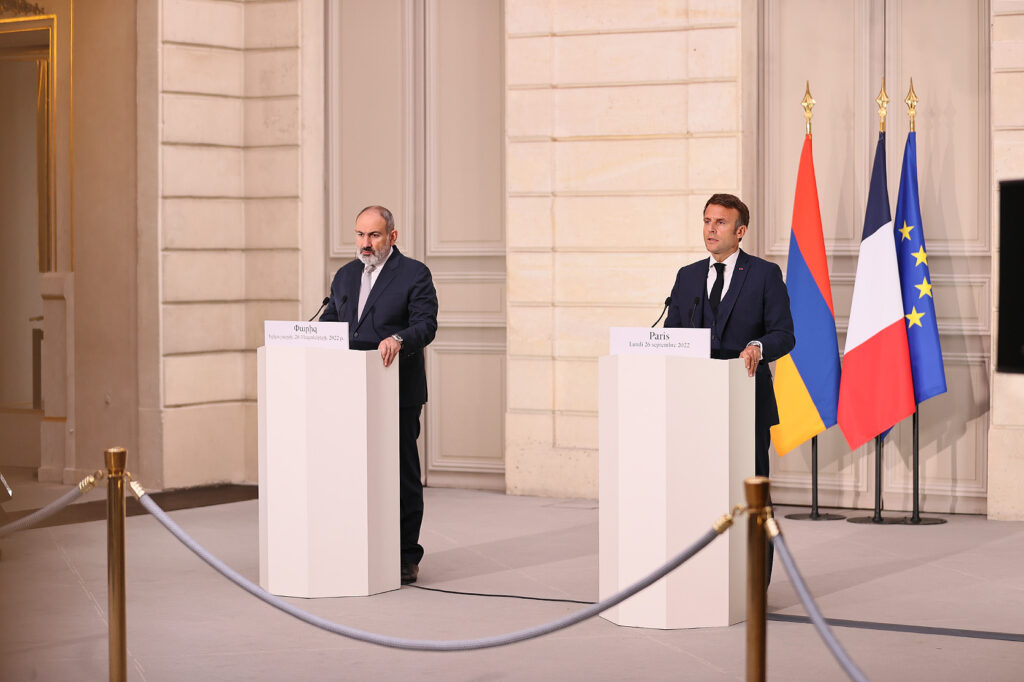
In addition, I have clearly stated since September 13 that France is convinced that the use of force cannot be a solution for either Armenia or Azerbaijan and it is necessary to resume the dialogue immediately. All unresolved issues, which are numerous, should be resolved exclusively through negotiations. The negotiations are held in different formats, particularly under the auspices of the EU, and they should be resumed.
I do not forget that exactly two years ago, on September 27, 2020, a terrible war began, which became deadly for the region. It led to a de facto new situation with an expanded Russian military presence in the region. And I strongly condemn what happened in recent days and call for peace and resumption of negotiations. I would like to salute the courage of Prime Minister Pashinyan, who proposed a new approach for the future of the region.
President Aliyev, with whom I will talk in the next few hours, says that he also wants to end instability in the region and find solutions. But it is impossible to build peace under the threat of force. To that end, France will do everything, will pursue its goal, which is a stable, safe and prosperous South Caucasus.
In a few minutes, Prime Minister Pashinyan and I will discuss the situation on the ground, as well as how to strengthen the ceasefire to avoid a new escalation and resume negotiations. We will also touch upon a number of issues to see how France, together with the European Union and other partners, can contribute to sustainable peace. I am talking about the delimitation of the border between Armenia and Azerbaijan, we also talked about it in Brussels. We will also discuss the actions of the UN and the OSCE.
I know that the Prime Minister had important meetings in New York within the framework of the UN General Assembly. We can talk about that too. We will also refer to a very important issue: the issue of normalization of relations between Armenia and Turkey. This is a difficult but very necessary process and you know that France also has assumed commitments over this issue. This process is extremely important for the region.
Finally, we will also discuss issues of bilateral relations. Thank you, Mr. Prime Minister, for coming to Paris after your visit to New York so that we could talk and discuss issues.
Once again, I emphasize France’s commitment to achieving peace and stability for your country and the entire region. I salute your sense of responsibility and your position to do everything to establish peace. I want your country to have tranquil and peaceful borders. Thank you”.
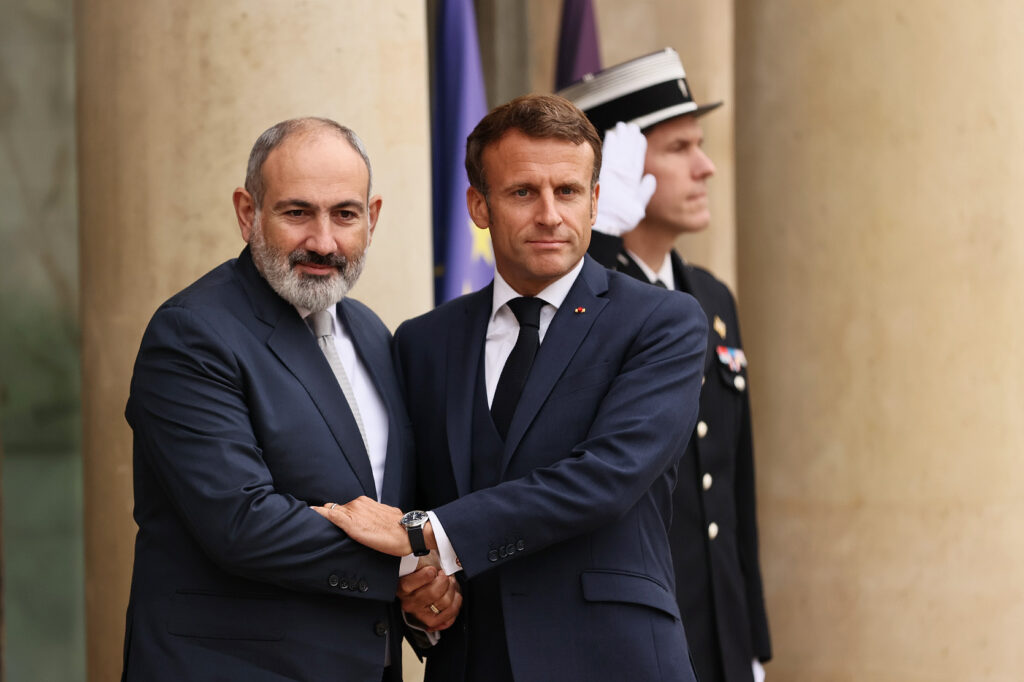
Prime Minister Nikol Pashinyan said,
“Honorable President of the French Republic, dear Emmanuel,
First of all, I want to thank you for this invitation and the warm welcome. Meetings like this provide an opportunity to make the unique relations between France and Armenia even more effective. I think today, as you mentioned, we will focus more on international and regional security issues.
France holds the presidency of the UN Security Council, and also with the support of France and personally President Macron, the issue of Azerbaijan’s another aggression against Armenia was included in its agenda. An earnest discussion took place, and the issue remains on the agenda of the Security Council.
As a result of the aggressions of May 12, 2021 and September 13, 2022, Azerbaijan has occupied the sovereign territories of the Republic of Armenia. I referred to that topic in detail in my speech at the 77th session of the UN General Assembly. I would like to emphasize that our position is unequivocal: the Azerbaijani armed forces must withdraw from the sovereign territory of Armenia, and I want to thank France, personally President Macron, for recording this position. I would like to draw the attention of our international partners, and also yours, Honorable Mr. President, to the following fact. the speculations that there is no precise border between Armenia and Azerbaijan, because the border is not demarcated and delimited, have nothing to do with reality.
The administrative borders between Soviet Armenia and Soviet Azerbaijan became state borders in the first months of independence of the two countries, since both Armenia and Azerbaijan signed and ratified the December 8, 1991 Agreement on Establishing Commonwealth of Independent States. Moreover, both countries are members of the CIS until now. I want to emphasize that it is an integral part of this agreement that the administrative borders, the existing borders basically become state borders and the countries that joined the agreement recognize these borders.
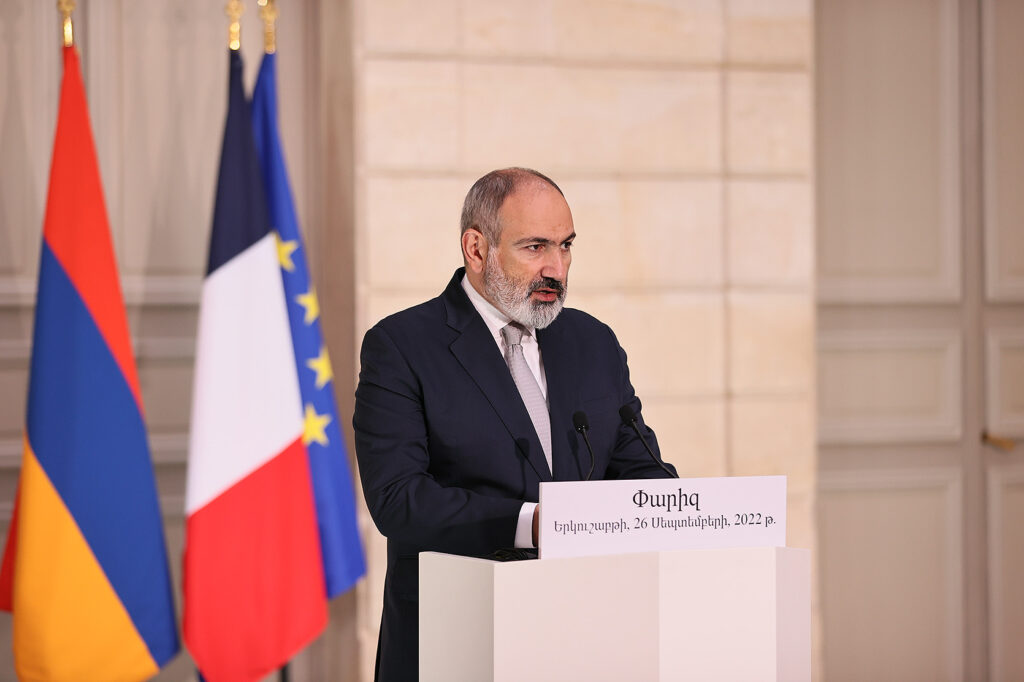
This means that the actions of Azerbaijan cannot be assessed in any way other than deliberate aggression. As a result of the Azerbaijani occupation, the situation in our region remains tense. I think that sending an international observation mission to the regions affected by the Azerbaijani occupation and the border zone will help the international community to receive direct and not mediated information, and will also become an important factor in stabilizing the situation.
I am convinced that the UN Security Council should also keep the issue in the focus, and I expect the support of the country holding the presidency on this matter.
Coming to long-term solutions, I think it is necessary to sign the Armenia-Azerbaijan peace treaty with the mutual recognition of the borders reaffirmed by the agreement of December 8, 1991. Armenia is ready for the opening of communications in the region and the construction of new communications, in accordance with the national legislation of the countries through which they pass.
As for long-term solutions, I think it is necessary to sign the Armenia-Azerbaijan peace treaty with the mutual recognition of the borders reaffirmed by the agreement of December 8, 1991. Armenia is ready for the opening of communications and the construction of new communication routes in the region, in accordance with the national legislations of the countries through which they pass.
We also attach importance to the settlement of the Nagorno-Karabakh issue, which will guarantee the rights and security of the Armenians of Nagorno-Karabakh. I think the start of Azerbaijan-Nagorno Karabakh discussions can be useful. In this context, I must emphasize the role of France as an OSCE Co-chair country.


